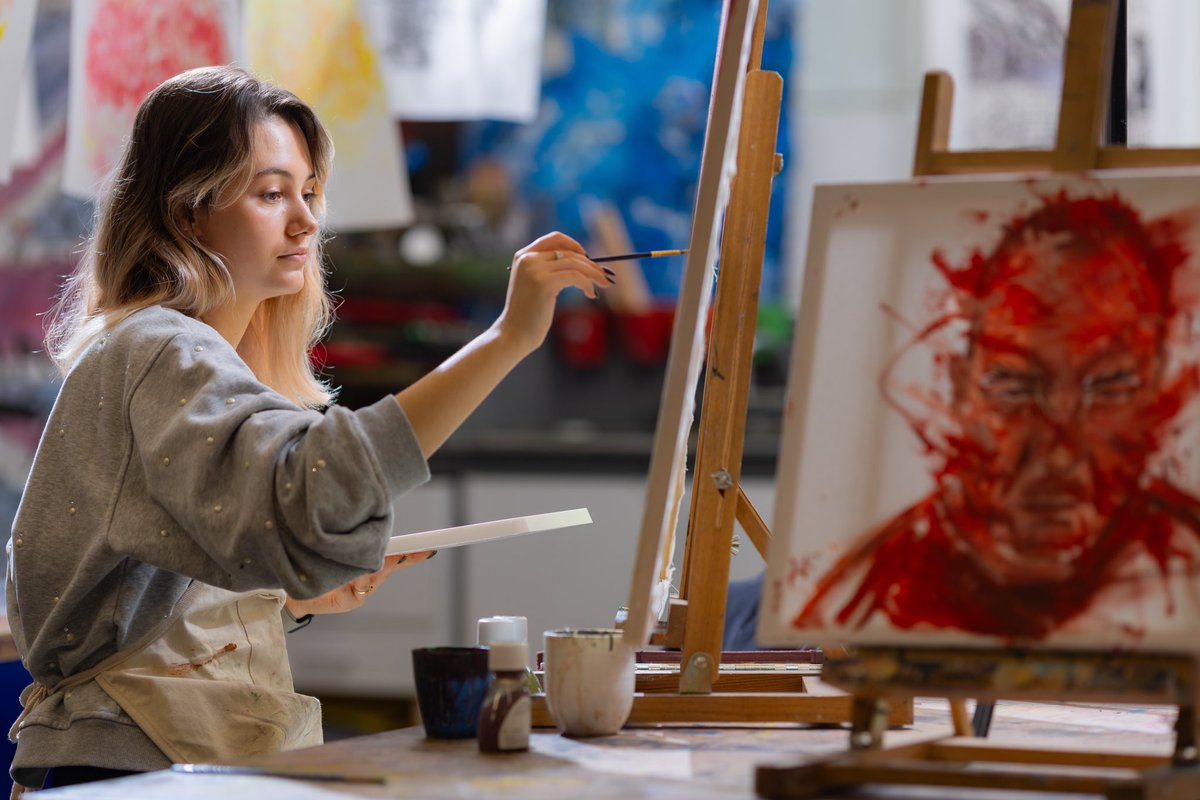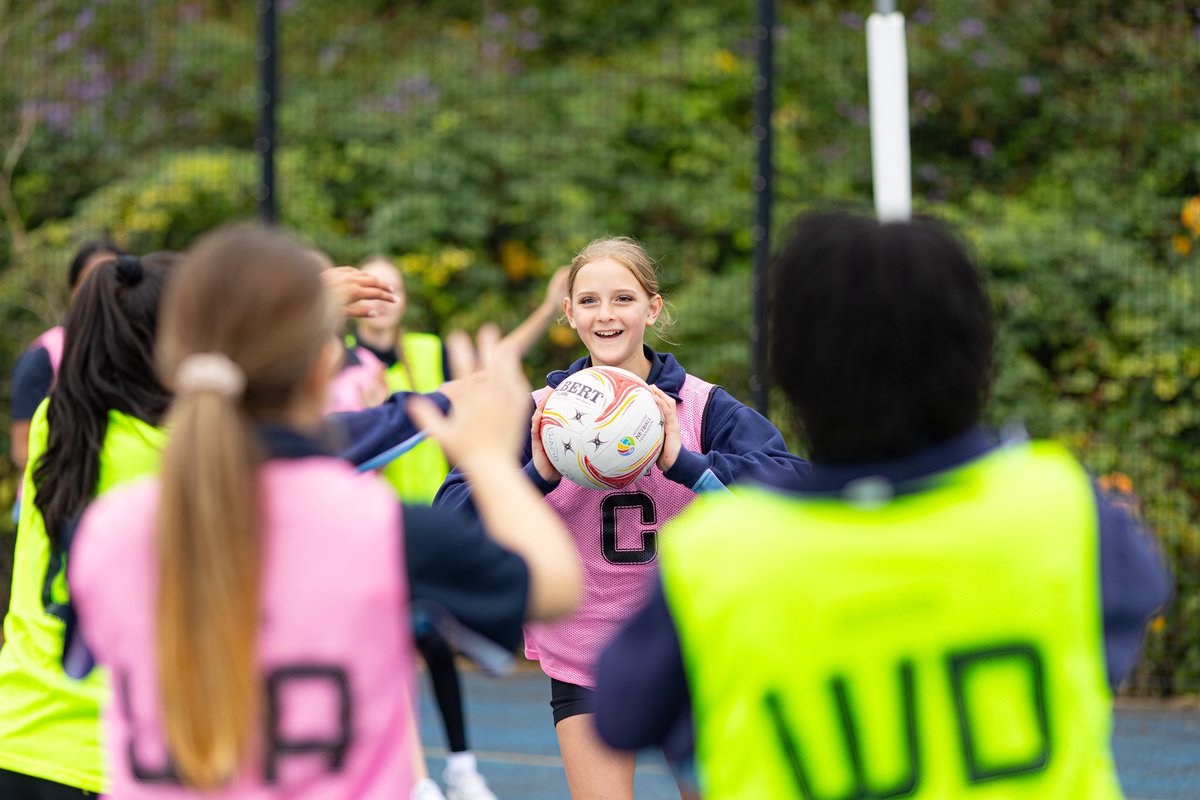Geography
Part 1 – Our intent and ethos:
Geography is the key that unlocks understanding the world. We learn the fundamentals of the Earth’s physical and natural systems that have created the physical landscape that humans live on. We analyse the human systems which have shaped societies and places on our planet. Geography will guide students on how to understand the world around them and give them an understanding on their place in the world.
In geography we aim to create rational decision makers, thinkers and global citizens who will help guide the future of planet earth. Geography encompasses and takes influence from all subjects and amalgamates the logic from all subjects in one cohesive understanding of key geographical systems and societal phenomena.
Through the study of physical geography, students will understand the history of our planet and the fundamental systems which have created the world we see today. Through the study of plate tectonics, we see the most current science on planetary systems and how the earth is truly dynamic and forever changing. Studying physical geography helps students critically analyse human impact on the physical world and the limitations humans have on
Through the study of human geography students will understand how differing places are shaped and how societies have formed. We will analyse how human & physical history have meant that the world has developed unevenly and how we are trying to overcome critical issues such as population, resources, and geopolitics.
Part 2: Year by year synopsis and guide.
KS3:
Year 7
In year 7, the main focus is to embed skills such as map reading, directional points, place specific locations using local, national and global scale. For the opening term year 7’s study “My passport to the world”, with this topic students start to familiarize themselves with geographic terminology with the introduction of a wide range of tier 2. This topic builds on the basic knowledge of secondary school geography. Each topic is then sequenced to build on the skills on topic, so that students can create that hierarchy of “thinking like a geographer”. By the end of year 7 the students finish with the topic “How to navigate like a geographer?”, this topic is a mixture of map skills, mathematics, scale and fieldwork. By beginning fieldwork in year 7, students can strengthen their knowledge and understanding of geographic skills. Throughout keystage 3 these are skills they will require for each topic. The students will have mastered reading maps, grid references, imagery analysis, key concepts, and the mathematical skills required for year 7 geographers. By the end of Year 7, we will expect them to be able to accurately develop their points and begin developing their evaluation & judgement skills.
Year 8
Beginning year 8, students build on prior knowledge from year 7 such as maps skills, economic, social and environmental impacts of topic linked locations. Students start off by studying the topic of “From Cairo to cape Town”, this topic focuses solely on the continent of Africa. Within this topic students will learn place specific knowledge of certain countries in Africa, they assess both human and physical aspects of how certain countries have developed. Students will study misconceptions, of the continent which allow students to assess the progress of some countries in relation to development. Year 8 is an important year for students to learn case-studies and apply prior geographical knowledge and understanding to access each case study and apply geographic theory. By the end of year 8, we expect students to be able to follow a simple structured answer, to be able to spot & describe trends on a new piece of geographical information. They will also be able to start to bring in evidence into their written work as well as real world examples.
Year 9
At the beginning of year 9 students are introduced to the topic “The UK”. This this topic students will study both human and physical aspects of the UK, using a range of geographic skills they have learnt in both year 7 and 8 geography. They will at this stage mastered map skills, analysis of graphs, imagery annotation and place specific information. With these skills, students can assess the challenges of the UK along with how the geographic location benefits the country. By the end of year 9 students will be aware of a range of case studies linking to each topic such as development, climate change, glaciation and urbanisation. At the end of year 9 students will have developed a range of fundamental geographic skills, that will allow them to “Think like a geographer”. They will be comfortable in analysis & interpretation skills, meaning they can analyse qualitative & quantitative geographical information. They will be able to bring in scale into their answers to understand that Geographical events and phenomenons have impacts at varying spatial levels.
KS4:
As students progress and begin their journey into key-stage 4 and begin their study in year 10 with the topic of “Dynamic development”, this topic will allow students to use a range of key stage 3 learnt skills and they can build on more tier 3 geographic terms. Year 10 is core year for learning new topics and case studies, this is the year when most of the content of the GCSE is taught. The topics are sequenced by teaching a human topic then a physical topic, which allows students to create synoptic links between each topic, which creates the memory to think deeper with each topic studied. By the end of year 10 students will master the structure of exam questions, key stage 4 concepts and the case study required for each topic. When students enter year 11 they are confident geographers who can apply a range of skills to the topic they learn. Students will be able to create organized revision cards for theory and case-studies which will allow them to access exam questions with place specific detail, structure, theory along with both cartographic and graphical skills. Students should be familiar of how to apply mathematical skills to each paper they sit in their GCSE. Students will sit 3 exam papers, using OCR B exam board. Paper 1 is “Our natural world” which is a 70 mark paper on physical geography and coastal fieldwork, paper 2 “People and society” which is another 70 mark paper focusing on human geography and a urban fieldwork. Then their final and their paper “Geographical skills and exploration” is a 60 mark paper on all geography skills.
KS5:
Year 12:
A-Level geography is split into 2 sections: Physical systems & People & Society. In Physical systems students will study in detail coastal systems across the world. They will seek to understand the different processes which occur globally through different coastal landscapes. The processes which shape coasts and the implications of geomorphic & climactic processes. Students will be able to analyse how humans interact with coastlines both positively and negatively. They will also study the fundamental systems which allow live to thrive on the planet. Through studying the carbon and water cycles, student will be able to dissect the building blocks of life and how different climates and processes interact to bring equilibrium and balance to a complicated physical world.
Through the study of People and Society students will be able to study the placemaking process and how humans attach collective meaning to places. Through studying how places change throughout time we will be able to appreciate the true dynamism of places at all scales: Local, National & global. Through studying migration, we will be able to analyse the how people move around planet earth and the differing impacts this movement has on different places. Finally, through studying borders and understanding geopolitics we will be able to understand the fundamentals of global governance and how the human collective deal with threats to sovereignty and territorial integrity, a problem which is becoming more relevant in the 21st century.
Year 13:
In their final year of their journey students will partake in their own geographical investigation. They will collect, analyse, and present their own research from hypothesis to conclusion. This will take place through fieldwork in which students collect their own data. This collects all their geographical knowledge and understanding to bring their own take on the world.
Students will also understand the concepts of how diseases spread across the world. Understanding how different diseases spread through their epidemiology. This again will allow students to tackle anthropogenic issues such as development, population, and migration. They will look at how humans are trying to manage diseases throughout the world and enter the world of pharmaceutical politics. Students will be allowed to evaluate the efforts of humans to try and deal with global diseases, both successfully and unsuccessfully.
Students will also get a more in-depth understanding of the impacts of hazards. Looking at a variety of tectonic hazards across the world. This study being more scientific and thorough. We will raise cultural capital further by taking them across the globe to see how resilience is built through development and differing societies.























